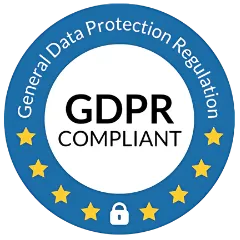Introduction
Welcome to our blog on securing assets and preventing fraud with RFID in the retail industry. With the increasing trend of online shopping, it has become more challenging for retailers to secure their assets and prevent fraud. In addition, traditional methods of asset tracking and inventory management have proven to be time-consuming and error-prone, leading to losses in revenue and customer trust.
This is where RFID (Radio Frequency Identification) technology comes in. RFID has been widely adopted by retailers for asset tracking, inventory management, and preventing theft. RFID tags can be attached to products, and with the help of an RFID reader, retailers can quickly and accurately identify and track the location of each item in their inventory.
Moreover, RFID technology has proven to be effective in preventing fraud, as it provides a secure and efficient way of tracking products throughout the supply chain. RFID tags can be used to monitor the movement of products from the manufacturer to the retailer, and any irregularities can be quickly detected, preventing fraud and unauthorized access.
In this blog, we will explore the benefits of RFID technology for the retail industry and how it can help retailers secure their assets and prevent fraud.
RFID (Radio Frequency Identification) technology has become a popular tool for retailers to manage inventory and prevent fraud. The benefits of RFID technology for the retail industry are numerous, and in this post, we will discuss Top 5 Advantages of RFID in the Retail Industry.
Top 5 Advantages of RFID in the Retail Industry
- Increased Efficiency: RFID technology enables retailers to quickly and accurately track their inventory. RFID tags can be attached to products, and with the help of an RFID reader, retailers can identify and track the location of each item in their inventory. This provides retailers with real-time data, enabling them to make better decisions about inventory management, restocking, and product promotions.
- Enhanced Customer Experience: With RFID technology, retailers can provide their customers with a better shopping experience. RFID tags can be used to track products as they move through the supply chain, ensuring that products are always in stock and available for purchase. This helps to reduce customer frustration and increase satisfaction. For improving customer experience organization also uses retailing software.
- Improved Security: RFID technology can help retailers prevent theft and fraud. RFID tags can be used to monitor the movement of products from the manufacturer to the retailer, and any irregularities can be quickly detected, preventing fraud and unauthorized access. This can help retailers reduce losses and protect their assets.
- Better Data Analytics: RFID technology provides retailers with real-time data on their inventory, enabling them to make better decisions about inventory management, restocking, and product promotions. Retailers can also use this data to identify trends and patterns in consumer behavior, which can help them tailor their offerings to meet customer needs.
- Cost Savings: RFID technology can help retailers reduce their operating costs. By automating inventory management and reducing the need for manual processes, retailers can save time and money. RFID technology can also help retailers reduce losses due to theft and fraud, which can have a significant impact on the bottom line.
In conclusion, RFID technology provides numerous benefits to retailers, including increased efficiency, enhanced customer experience, improved security, better data analytics, and cost savings. By implementing RFID technology, retailers can improve their operations, reduce losses, and provide their customers with a better shopping experience.
One of the key benefits of RFID technology for retailers is improved security. RFID tags can help retailers prevent theft and fraud by providing an efficient way to monitor the movement of products throughout the supply chain. Here are some ways that RFID can help retailers secure their assets and prevent fraud:
How RFID help retailers secure their assets and prevent fraud
- Real-time Monitoring: With RFID technology, retailers can monitor their inventory in real-time. RFID readers can quickly scan multiple items simultaneously, providing retailers with accurate information about the location and status of their products. This can help retailers identify any irregularities, such as missing or misplaced items, and take action to prevent theft or fraud.
- Secure Authentication: RFID tags can be programmed with unique identification numbers, making it easy to verify the authenticity of products. This can help retailers prevent the sale of counterfeit products, which can damage their reputation and lead to losses in revenue.
- Anti-Theft Measures: RFID technology can be used to detect theft and prevent unauthorized access to products. RFID readers can be placed at store entrances and exits, and if an item with an active RFID tag is taken out of the store without being properly checked out, an alarm can be triggered. This can deter theft and prevent losses.
- Supply Chain Monitoring: RFID technology can be used to track products as they move through the supply chain, from the manufacturer to the retailer. This can help retailers identify any irregularities or unauthorized access to products and take action to prevent fraud.
- Improved Data Analytics: RFID technology provides retailers with real-time data on their inventory, enabling them to make better decisions about inventory management, restocking, and product promotions. Retailers can also use this data to identify trends and patterns in consumer behavior, which can help them identify potential areas of risk for theft and fraud.
In conclusion, RFID technology is an effective tool for retailers to secure their assets and prevent fraud. By providing real-time monitoring, secure authentication, anti-theft measures, supply chain monitoring, and improved data analytics, RFID technology can help retailers reduce losses and protect their assets
Conclusion
Asset Infinity provides Asset Management Software which at this point is used by a large number of organizations in various industries. Our software is hosted on Microsoft Azure Cloud Services. The uptime guarantee provided in this service is up to 99.9%, which any organization would love to have. Because of this and many more brilliant features, this software is used by various verticals of different organizations throughout the world.
Our asset management software helps organizations to manage and track their assets. We know that keeping track of Asset’s Life cycle is not easy, this is where our software comes into play. It not only keeps track of each asset life but also helps in optimizing return on investment (ROI), asset performance and overall business productivity. When managed well, assets tend to perform better.


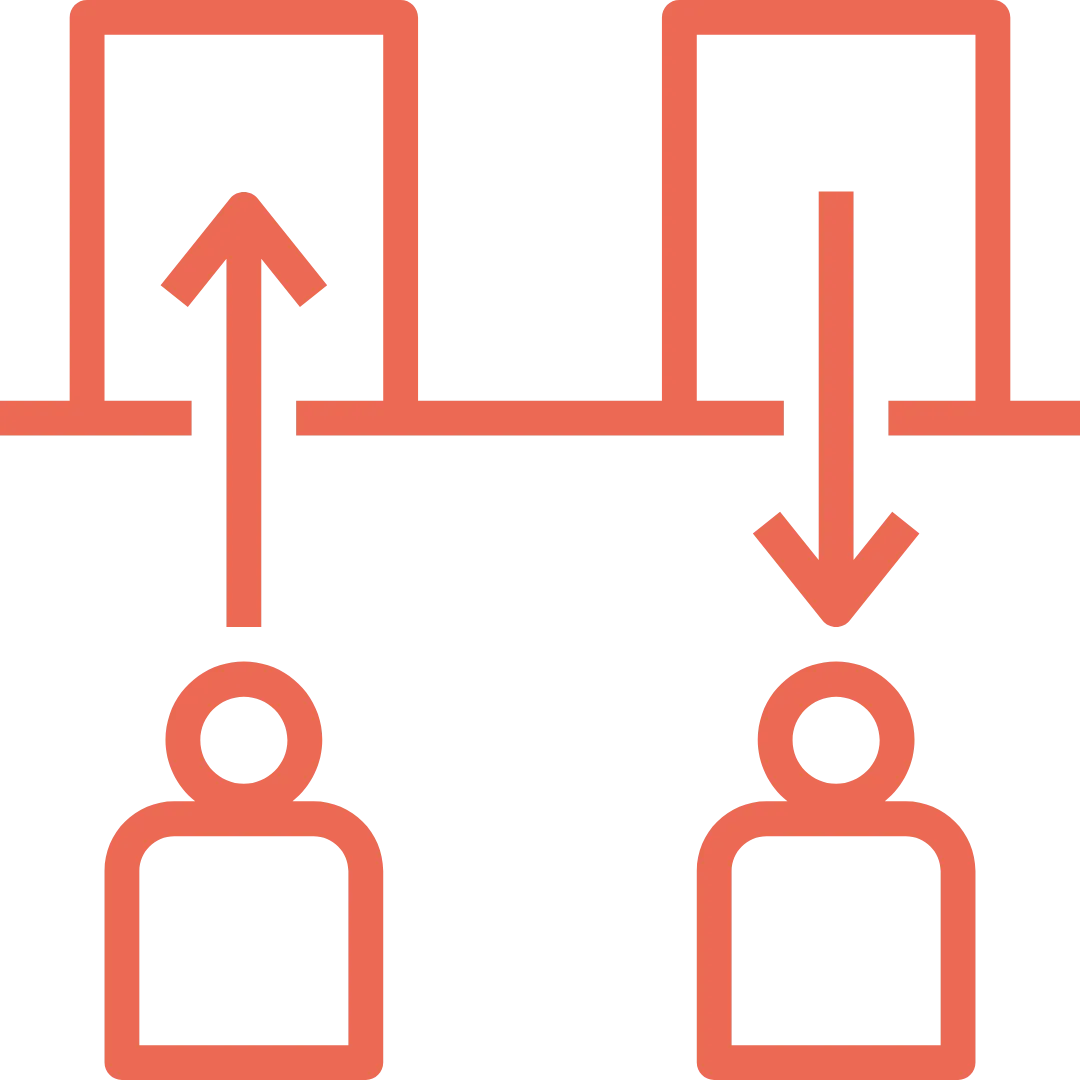
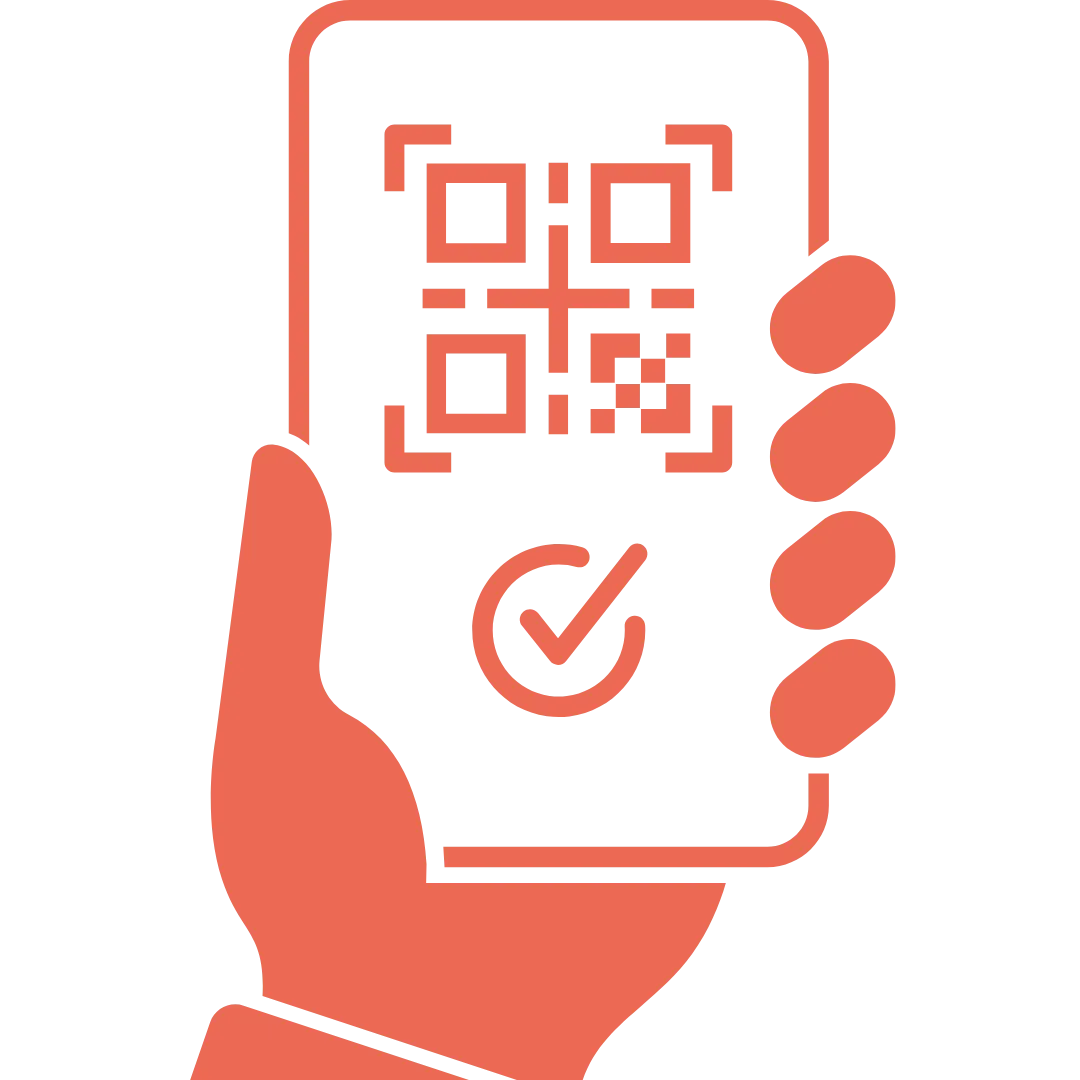








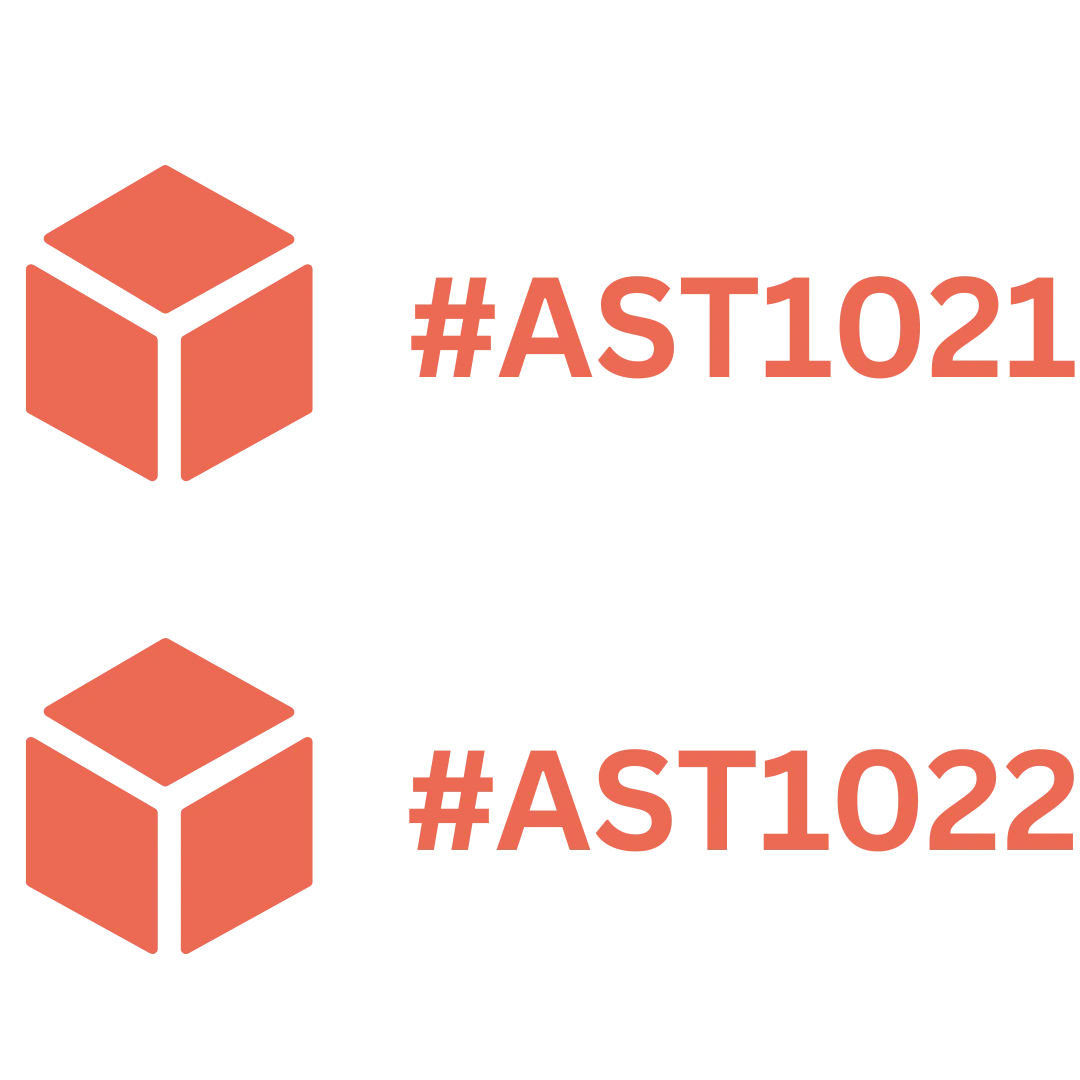

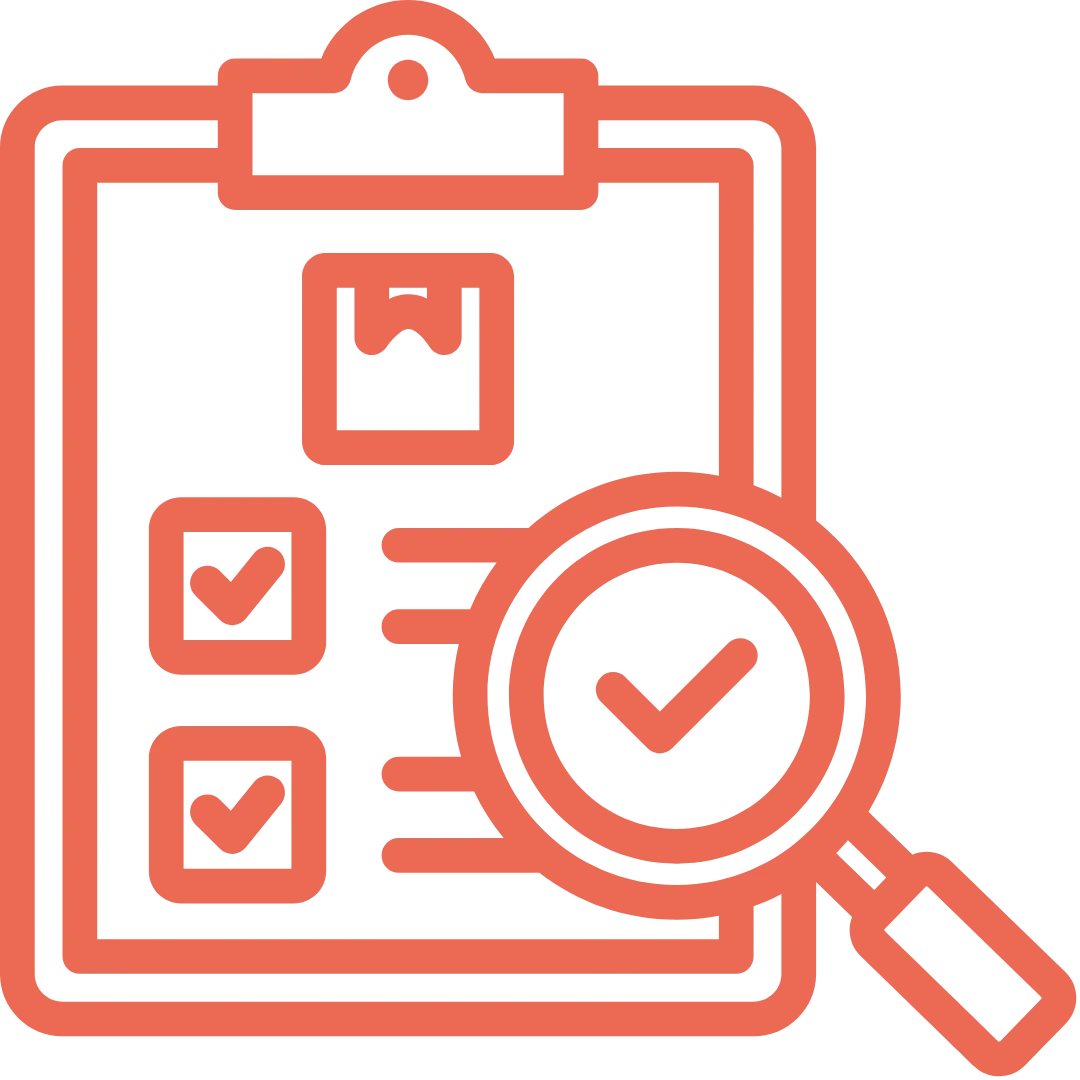





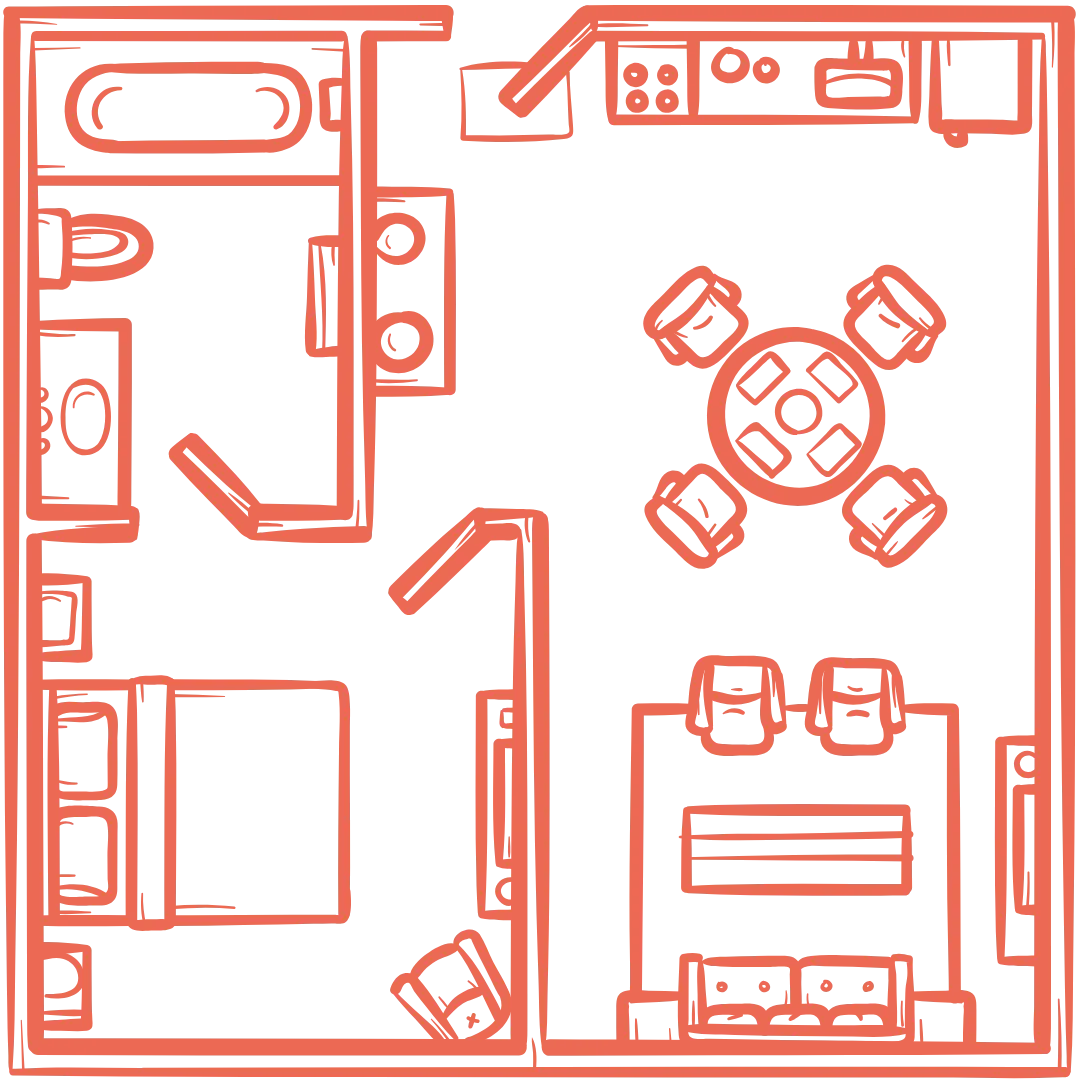




























.webp)
.webp)
.webp)
.webp)
.webp)
.webp)
.webp)
.webp)
.webp)

.svg)




.webp)
.webp)











































.png)




.webp)



















